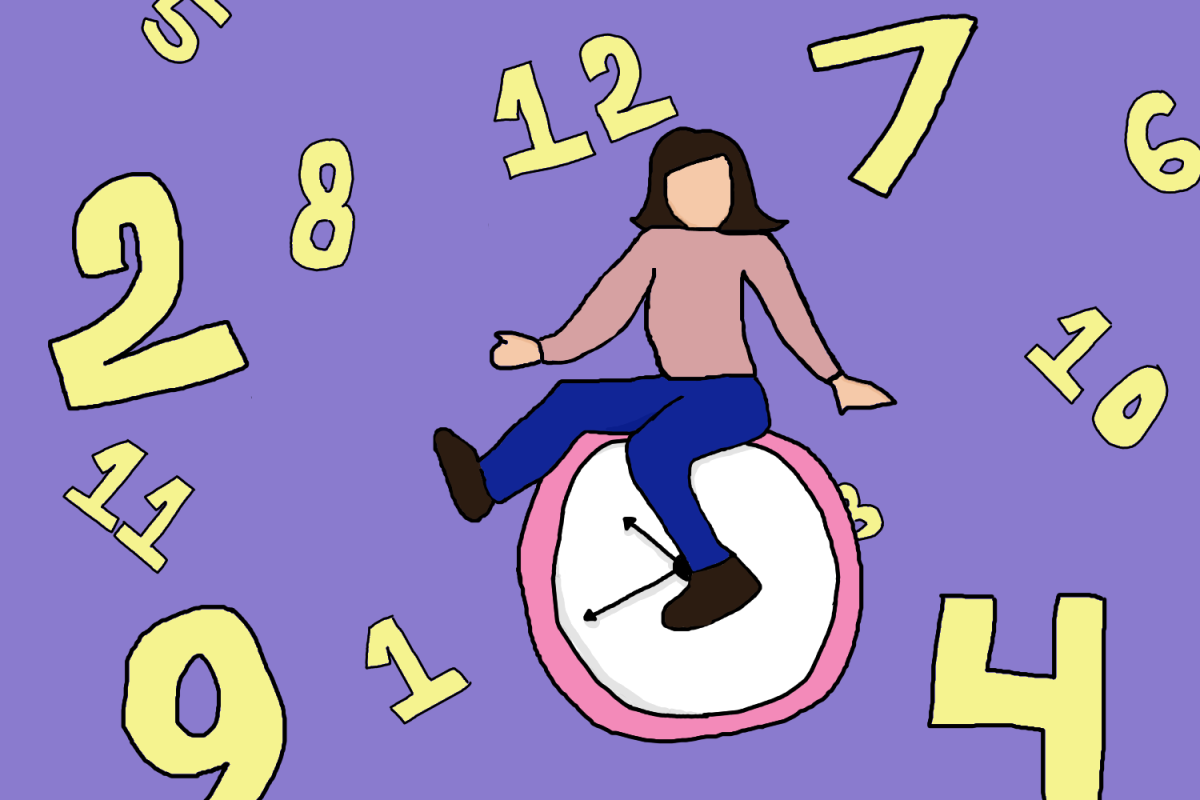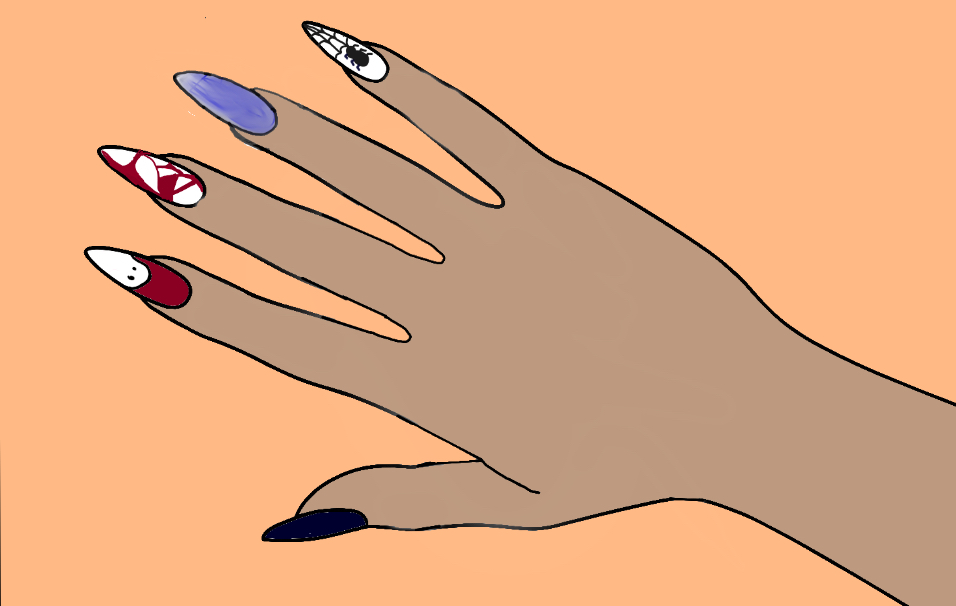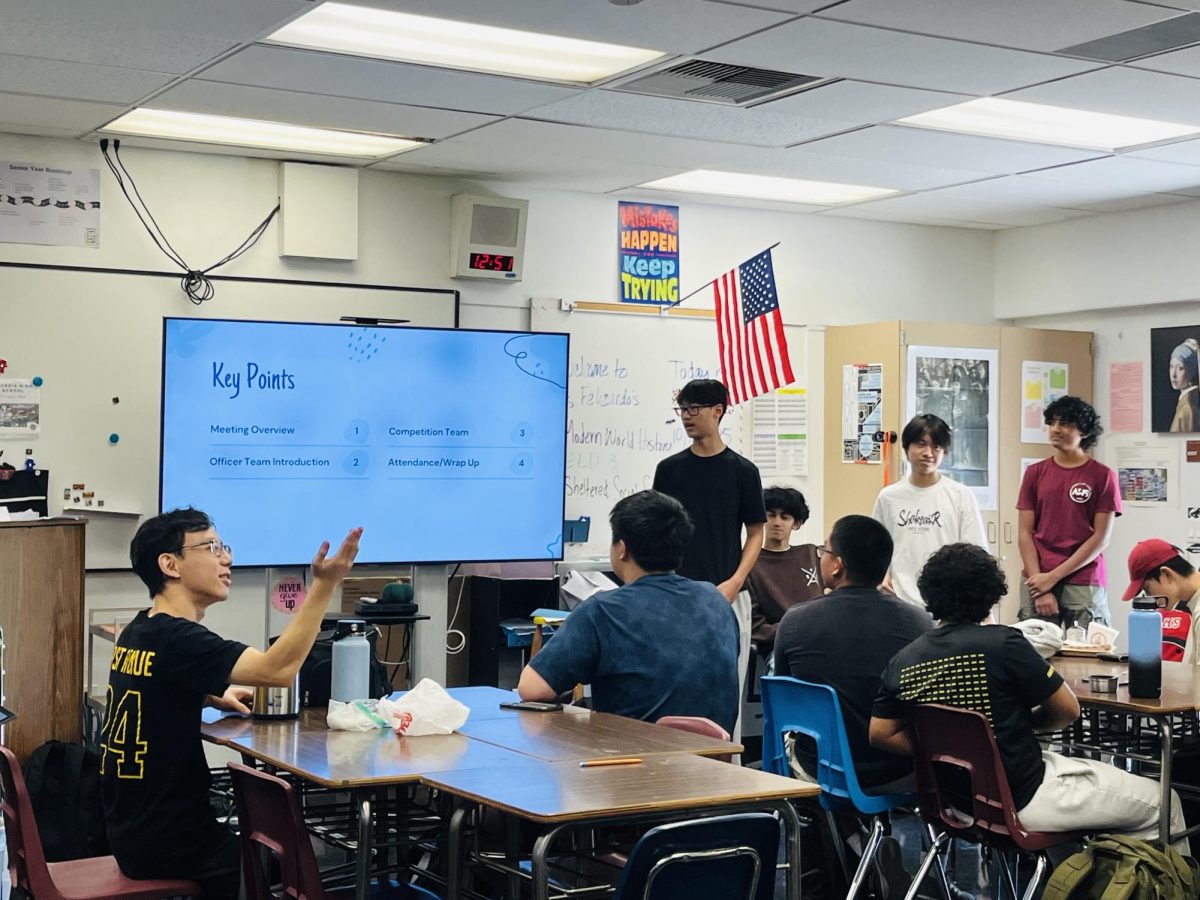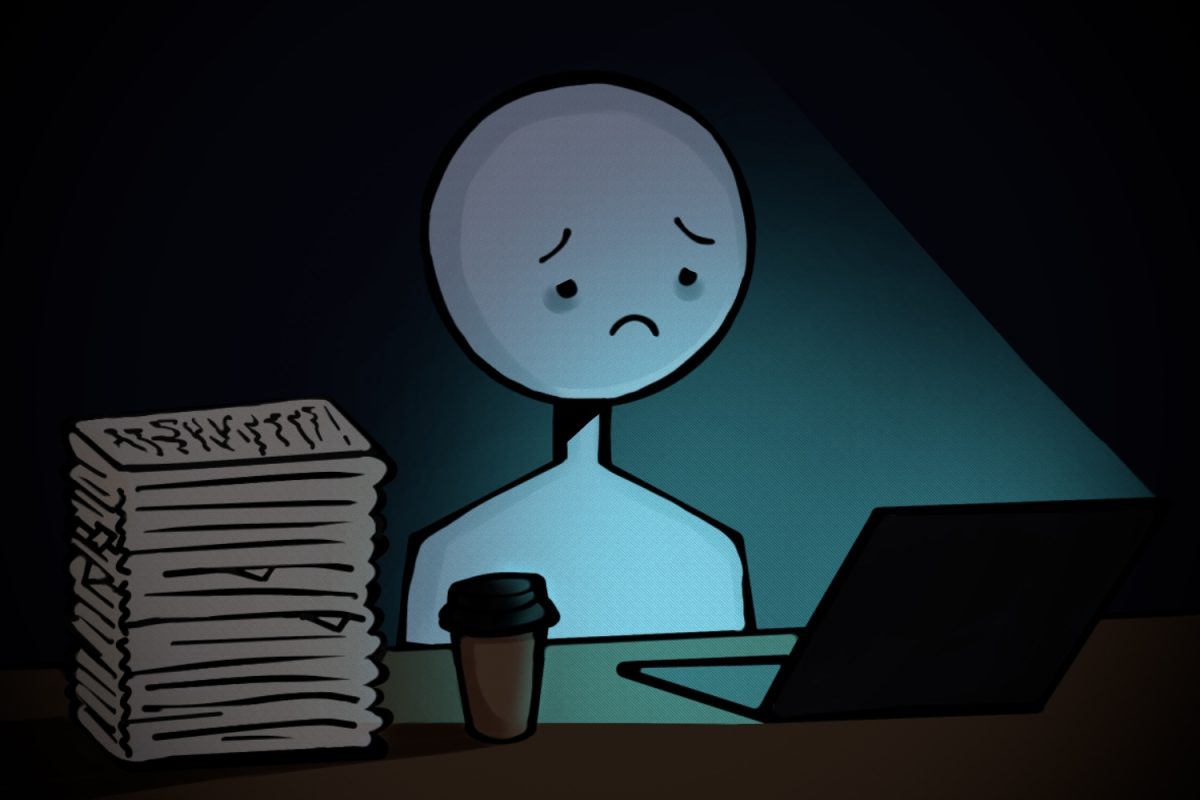In a world where packed schedules and late-night study sessions have become the norm, the idea of slowing down can feel almost rebellious.
“Every night, I’m spending upwards of three hours on homework alone, and it’s the same for all of my friends, too,” said junior Kelly Lee.
But having such a heavy workload isn’t healthy, and it contributes to the desire of “doing nothing”. In reality, carving out time to “do nothing” isn’t laziness—it’s a powerful tool for restoring balance and health. Psychologists and wellness experts have long emphasized the importance of rest, not just for recovery, but also for boosting creativity, focus, and overall well-being.
Why Rest Matters
When surrounded by peers constantly striving to achieve more, it’s easy to equate rest with wasted time. However, it is only because of this normalized environment that people have that mindset.
“Self-care is never selfish, but it may feel that way when you live a frenzied life,” said psychologist Dr. Arthur Ciaramicoli in his book The Stress Solution.
Students often underestimate how much stress accumulates in their daily lives. From advanced courses to extracurriculars to college applications, the pressure can quickly become overwhelming. Rather than pushing through fatigue, taking time off—even in small doses—allows the mind and body to reset. Rest can lower cortisol levels, improve emotional regulation, and lead to better performance both physically and mentally.
Unfortunately, for many students, finding the courage to step back is a challenge.
“Sometimes, I feel like I can’t fully take a break, like I need to somehow multitask rest with work at the same time. But when I finally let myself relax, I actually feel more motivated to get things done,” said sophomore Gillian Reghitto.
How to Truly “Do Nothing”
Of course, “doing nothing” doesn’t mean doomscrolling on your phone or binge-watching TV shows for hours. Instead, it’s about intentional stillness: letting the mind wander without distraction.
Psychologist Dr. Sandi Mann explained that “boredom and idleness give the brain a chance to explore ideas, daydream, and solve problems in unexpected ways.”
Students can practice this in small steps. Try setting aside 10 minutes a day to sit quietly, gaze out the window, or go on a walk without music. For those who feel guilty about slowing down, it’s worth remembering that idleness is a valuable form of self-maintenance.
Redefining Success
Ultimately, part of “doing nothing” involves reshaping what success looks like. In a competitive community, value is often measured by output and achievement. Rest teaches a different kind of growth: the ability to pause, reflect, and prioritize mental health.
As students learn to balance ambition with stillness, they may find that the greatest productivity doesn’t come from constant effort, but from the art of doing nothing.







